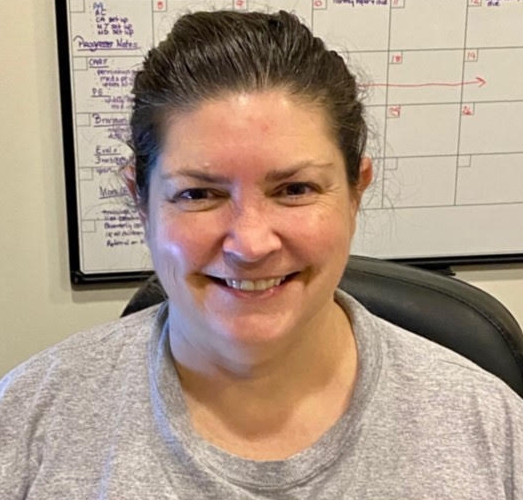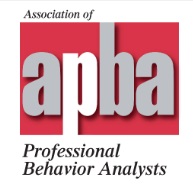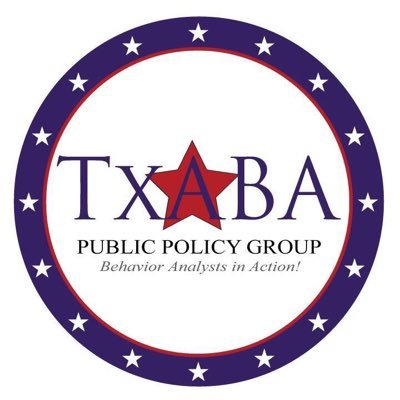Step 2: Organize and Train the Trainers
Create your own in-house crisis management team
To reduce cost and efforts, but to maximize in house capability, the PCM approach leans heavily on a ‘Train the Trainers’ approach.
Do you recognize these issues?
Do you share these goals and desires?
Sending my staff to an outside organization to be trained as instructors is very expensive and they lose additional workdays because of travel. I have many staff that will need to be trained and I just can’t send them all.
We spend a considerable amount of time and money to have our staff trained, but when they are preparing to teach our front-line staff they seem very uncertain of how to prepare for the training and they must stop the training multiple times to contact the crisis management vendor for clarification.
Our staff ask lots of questions about crisis management including some very detailed questions and concerns about how restraints relate to some of our clients/students. It seems that no one at the organization can answer many of these questions and the front-line staff become frustrated.
We are worried about losing training money if one of our staff becomes ill/injured just prior to the training or has to cancel attending the training because of family emergencies. We have also had staff who thought they could complete a crisis management training but found the physical procedures too difficult.
There are times that we would like to offer crisis management trainings to other agencies or parents/guardians but the system we use will not let our instructors train outside our agency. This is a frustration for us because sometimes the parents and our staff are not on the same page. It is also a frustration for us because we know that the parents could benefit from the training.
I would like a team of in-house instructors that can train all of my staff at their work sites at the convenience of my organization
We expect instructors that don’t simply know the material but are actually fluent enough and confident enough to lead a class that will both run smoothly and instill confidence in our staff.
I want an in-house crisis management expert that my staff can turn to when they have crisis-related questions. I need someone on site who is not only an expert at crisis intervention, but who also understands the crisis system so well that they only need to seek outside assistance on very rare occasions
We would like a system that understands that some staff may be ill or injured or perhaps may not have been appropriately chosen for training, and regardless, will offer a voucher for us to send another individual.
We would like a system with the flexibility to allow our instructors to train individuals outside our agency. We would like to be able to train parents, advocates and others to increase their awareness of what we do and to show how the training can help them at home.
The PCM Instructor Training Sequence is how PCM Instructors are trained to fluency

the PCM Instructor Training Sequence
The PCM Instructor Practicum is like a medical residency. Can you imagine, even a Harvard trained Physician who goes directly into practice without first doing a residency?

“Educate instructors” is the second step in the Training Stage of the PCM signature system. It will lead to having your own team of In-House Experts
The PCM Instructor Training Sequence explained
- Welcome to Association!
Once your staff have signed up for training, they will receive a PCM Welcome Package. This will contain valuable pre-training information such as training logistics and what to expect. - Competency-based comprehensive didactic
Participants are taught the key concepts and procedures for the prevention of pre-crisis behaviors, de-escalation of pre-crisis behavior when it occurs, and how to assist individuals in reintegrating back into existing teaching and treatment systems. Participants are also taught about the key concepts of how behavior interacts with physiology and how this affects the ability of staff to safely manage individuals. All staff must achieve minimum test scores and pass critical items on their written exams in order to become certified. - Competency-based Behavioral Skills Training for physical skills
All participants must not only demonstrate skills to the instructor, but they must demonstrate them a minimum number of times, perfectly, unprompted. The minimum number of repetitions of each procedure ensures fluency and the criteria for counting a procedure as correct is very high which ensures accuracy. All participants are formally tested on a sample of procedures with an opportunity to demonstrate each procedure twice. Participants who cannot demonstrate procedures after two attempts will require a small amount of additional training (a 3-hour re-training) to ensure that staff are competent. - Crisis Simulation
It’s not enough for participants to be able to competently demonstrate correct form of the procedure. Correct form is critical, yet the procedure must be functional in reducing movement during a crisis. To ensure that procedures are functional for staff all trainings use role-plays to simulate the level of resistance that might happen during a low to medium level crisis. It’s not sufficient to simply “know” the form of a procedure, your staff must also understand body mechanics so that can safely maintain control of the individual. During crisis simulation staff will also learn to control their own emotions so that they can make rational decisions even when clients/students are highly irrational. Not only will staff learn how it feels to use procedures, but staff will also learn how to give feedback to a “client” during the simulation. - Practicum
In the PCM practicum, an experienced PCM instructor leads the course and provide numerous opportunities for newly trained instructors to both explain basic principles of the PCM system and to correct and inspect physical procedures. This process continues until the newly trained instructors can correct procedure with no prompting from the primary instructor.
Testimonial on Train the Trainer

Our trainer was very patient and took time to meet separately with our future trainers as well as answer staff questions. He provided real and practical examples that fit the population we serve. We enjoyed the extra time and flexibility with which we engaged in didactics and physical practice. We have since used the non-physical strategies to stay within the stabilization and de-escalation stages with great success and decreased in one week the use of the time out room.
Colleen Quinn, Psy.D.
Rivendale Center for Autism and Institute for Learning Director/Arc of the Ozarks.
When you follow a 'Train the Trainers' model, it is essential that they are trained to fluency




A sample of the Applied Behavior Analysis Associations we participate with

